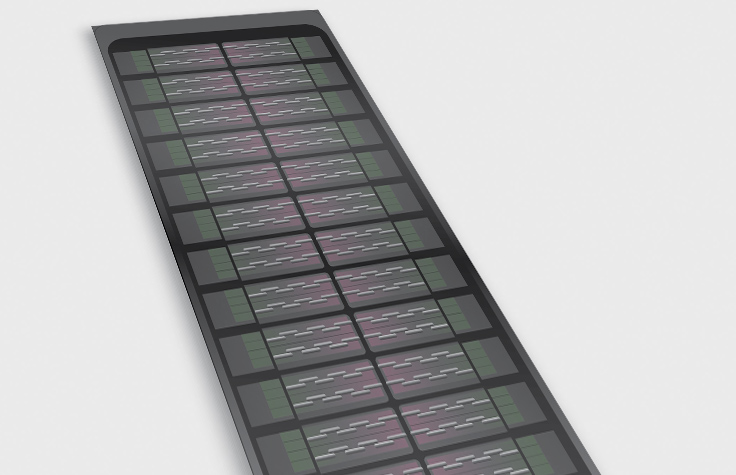Global Screening Array Consortium

Global Screening Consortium Overview
The Global Screening Array Consortium brought together researchers in human disease and translational research to design a next-generation genotyping array for population-scale genetics, variant screening, and precision medicine research. To date, over 5.5 million samples worth of the array have been ordered by a global community of human disease researchers, health care networks, consumer genomics companies, and genomic service providers.
The array content includes highly optimized, multi-ethnic genome-wide content, curated clinical research variants, and quality control (QC) markers designed to be useful across a broad range of applications, populations, and diseases. The multi-ethnic genome-wide content offers high genomic coverage and imputation performance across 26 continental populations. The curated clinical research content includes over 50,000 variants including markers for pharmacogenomics, newborn screening research, and risk profiling.
In addition, there are over 9,000 QC and high-value markers that enable sample identification, tracking, ancestry determination, and stratification valuable for large-scale genetic and screening applications. The resulting cumulative data from the consortium members may facilitate more personalized health care in the future as genomics potentially becomes part of clinical practice.
The Global Screening Array product is now commercially available.
This microarray combines optimized, multi-ethnic genome-wide content and clinical research variants for population-scale genetics and screening investigations.

Global Screening Consortia Participants
Benjamin Neale, Ph.D. - Predictive Content Lead
Massachusetts General Hospital
Dr. Neale is Assistant Professor, Analytic and Translational Genetics Unit, Center for Human Genetic Research at Massachusetts General Hospital. His research and training focus on developing and applying statistical methodology for genetic analysis. Dr. Neale’s experience includes conducting genetic data analyses for psychiatric illnesses, particularly ADHD and autism, as well as Tourette’s, obsessive compulsive disorder, schizophrenia, and eating disorders.1
Global Screening Array Consortia Members
- The Broad Institute
- deCODE Genetics
- Avera Health
- Codigo46
- Diagnomics
- Eone-Diagnomics Genome Center (EDGC)
- Sanford Health
- UCLA Health System
- Centre National de Genotypage, Evry, France
- Human Genomics Facility HuGeF
- Erasmus MC, Rotterdam, The Netherlands
- Life and Brain GmbH, Bonn, Germany
- 23andMe, Inc.
- Northwell Health
- Regeneron Pharmaceuticals, Inc.
- Children's Hospital of Philadelphia (CHOP)
- University of Pennsylvania (UPenn)
Content Contributors/Advisors
- Eimear Kenny, Ph.D., Mount Sinai
- Stephen Chanock, Ph.D., National Cancer Institute (NCI)
- Mitch Machiela, Ph.D., NCI
- Heidi Rehm, Ph.D., Harvard Partners
- Jouke Hottenga, Ph.D., University of Amsterdam
- Gail Jarvik, M.D, Ph.D., University of Washington

Direct-to-Consumer Genetic Testing Expands in Asia
A joint-venture DTC company focuses on the large and growing South Korean market. See how the development of the Global Screening Array could contribute to that growth.
Read Article